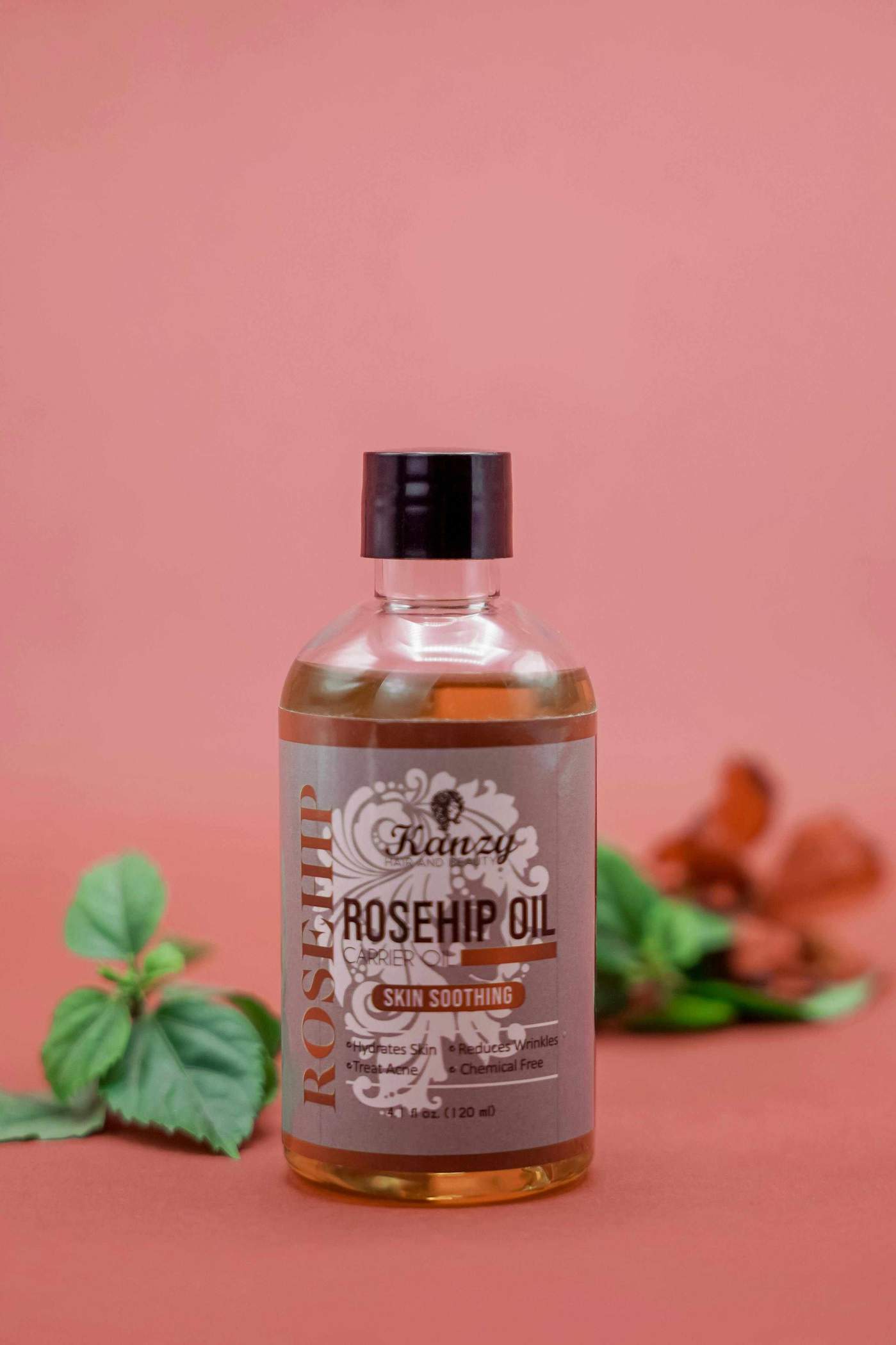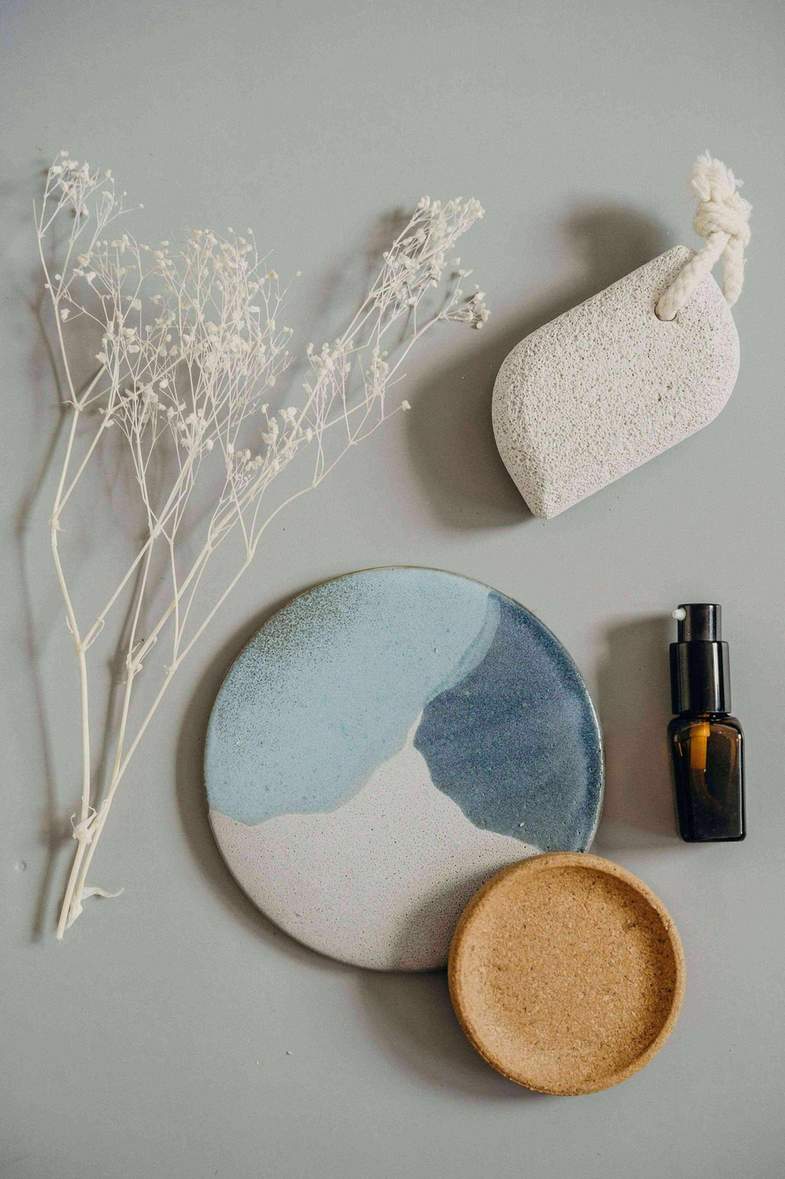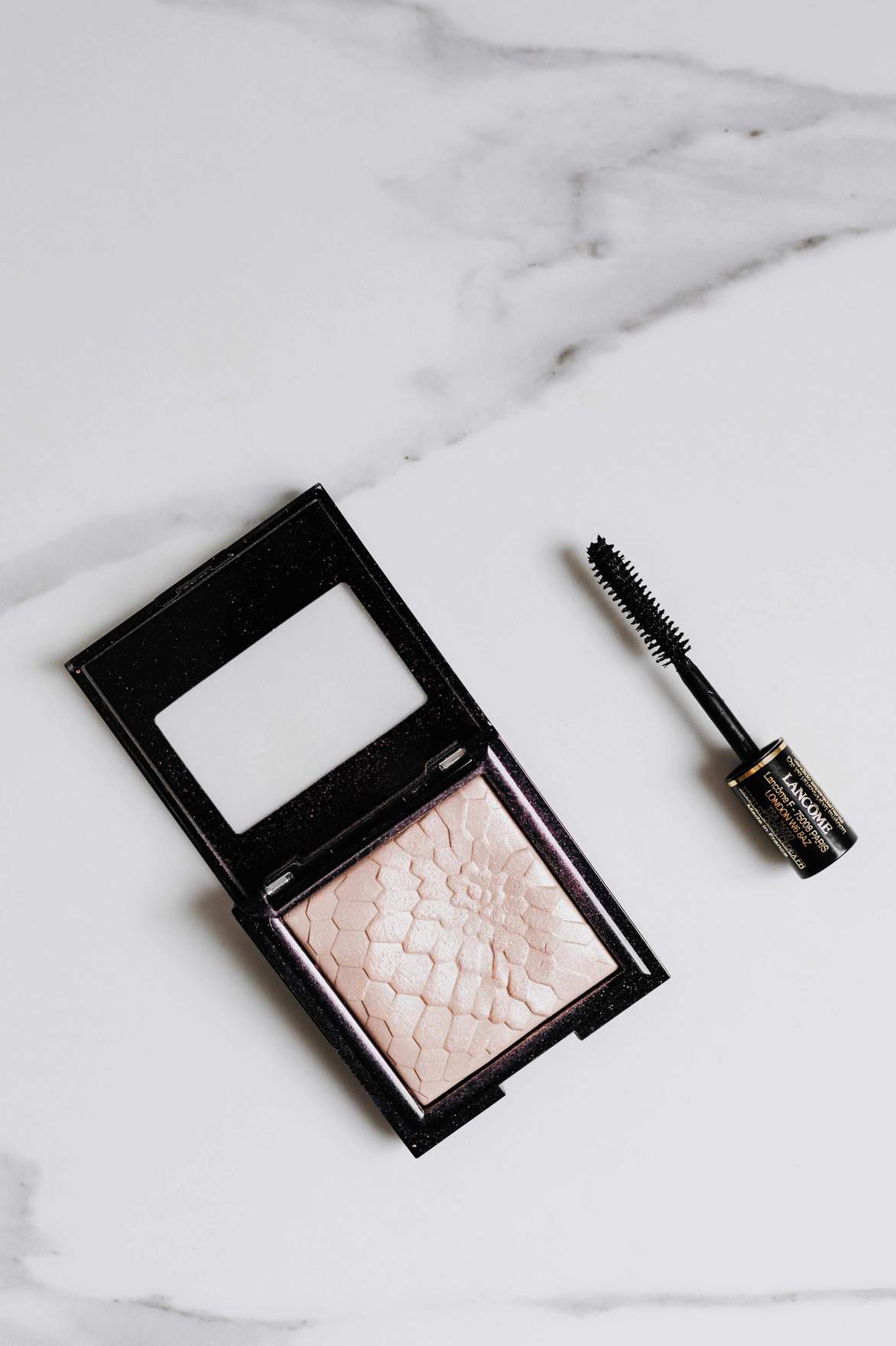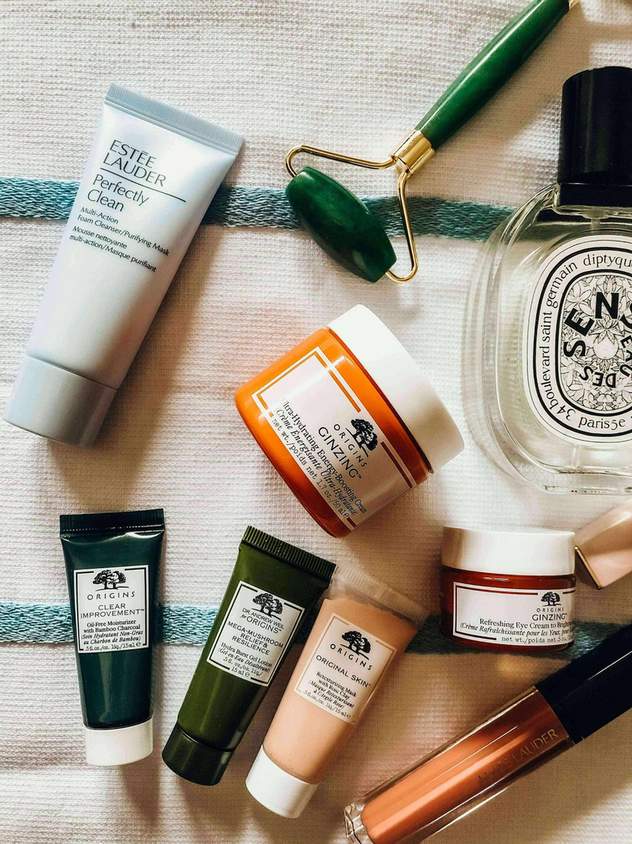Why Winter Affects Your Skin
Winter brings unique challenges for your skin. The combination of cold outdoor temperatures, dry indoor heating, and reduced humidity can strip your skin of its natural moisture, leading to dryness, flakiness, and even irritation. Understanding these factors is the first step toward maintaining healthy skin during the colder months.
Essential Winter Skin Care Steps
1. Gentle Cleansing
Switch to a gentle, hydrating cleanser during winter. Avoid harsh, foaming cleansers that can strip your skin of essential oils. Look for products with ingredients like:
- Hyaluronic acid for hydration
- Ceramides to strengthen the skin barrier
- Glycerin to attract moisture
- Aloe vera for soothing properties
2. Hydrating Toner
Don't skip the toner! A hydrating toner can help restore your skin's pH balance and prepare it for better absorption of subsequent products. Choose alcohol-free formulas that won't dry out your skin further.
3. Serum Application
Serums are concentrated treatments that can address specific skin concerns. For winter, consider incorporating:
- Vitamin C serum: Brightens skin and protects against environmental damage
- Hyaluronic acid serum: Provides intense hydration
- Niacinamide serum: Strengthens the skin barrier and reduces inflammation
4. Moisturizing
This is perhaps the most crucial step in winter skin care. Choose a rich, emollient moisturizer that creates a protective barrier on your skin. Look for ingredients like:
- Shea butter for deep hydration
- Jojoba oil to mimic natural skin oils
- Squalane for lightweight moisture
- Ceramides to repair the skin barrier
5. Sun Protection
Don't let the cloudy weather fool you! UV rays can still damage your skin in winter, especially when reflected off snow. Use a broad-spectrum sunscreen with at least SPF 30 every day, even when staying indoors.
Weekly Treatments
Exfoliation
Gentle exfoliation once or twice a week can help remove dead skin cells and improve product absorption. Choose chemical exfoliants like:
- Lactic acid for gentle exfoliation
- Glycolic acid for deeper exfoliation
- Enzyme-based exfoliants for sensitive skin
Face Masks
Incorporate hydrating face masks into your routine 1-2 times per week. Look for masks with ingredients like:
- Hyaluronic acid for immediate hydration
- Honey for its antibacterial and moisturizing properties
- Aloe vera for soothing and hydrating
- Oatmeal for calming irritated skin
Lifestyle Tips for Winter Skin Care
Humidify Your Space
Indoor heating can significantly reduce humidity levels. Use a humidifier in your bedroom and living spaces to maintain optimal humidity levels (around 40-60%).
Stay Hydrated
Drink plenty of water throughout the day. While you might not feel as thirsty in winter, your body still needs adequate hydration for healthy skin.
Protect Your Skin Outdoors
When venturing outside in cold weather:
- Cover exposed skin with scarves and gloves
- Use a protective lip balm
- Avoid hot showers that can strip natural oils
- Pat skin dry instead of rubbing
Recommended Products
Here are some of our favorite winter skin care products:
When to See a Dermatologist
While most winter skin issues can be resolved with proper care, consult a dermatologist if you experience:
- Severe dryness that doesn't improve with moisturizers
- Persistent redness or irritation
- Cracks or bleeding
- Signs of infection
Conclusion
Winter skin care requires a thoughtful approach that focuses on hydration, protection, and gentle care. By following these guidelines and using the right products, you can maintain healthy, glowing skin throughout the coldest months of the year.
Remember, consistency is key. Stick to your winter skin care routine, and your skin will thank you with a healthy, radiant glow that lasts well into spring.



